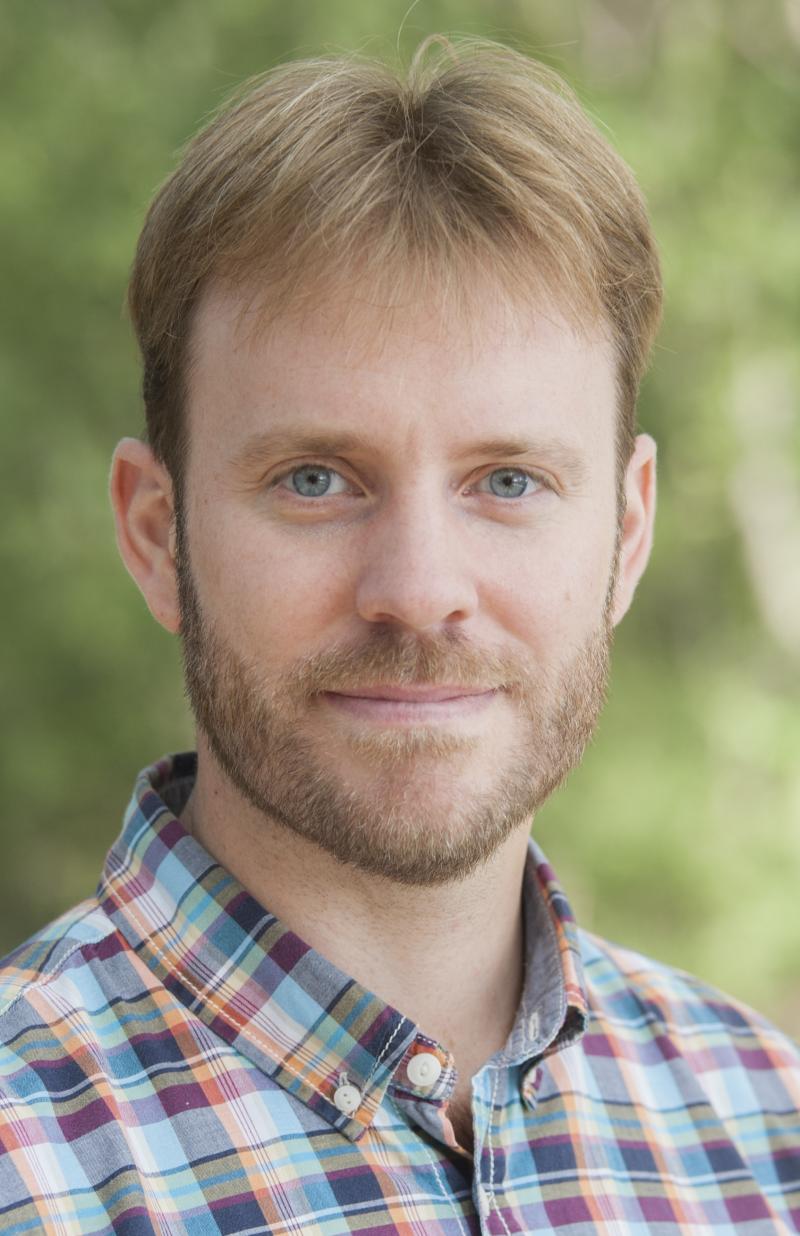Knowledge Graphs and Semantic Computing Speaker Series: Guillaume Cabanac

Guillaume Cabanac, a professor of Computer Science at the University of Toulouse, France, will present "Decontamination of the scientific literature with the Problematic Paper Screener: Flagging suspect/erroneous/fraudulent papers to crowdsource post-publication reassessments."
Access to previous talks can be found here.
Guillaume Cabanac is a Professor of Computer Science at the University of Toulouse, France. He holds a research chair at the Institut Universitaire de France titled “Decontamination of the scientific literature.” Cabanac develops the Problematic Paper Screener that contributes to the identification, reporting, and retraction of algorithmically generated and fraudulent papers. Cabanac’s research was profiled in the Nature’s 10: he was nicknamed ‘Deception sleuth’ in the journal’s annual list of ‘ten people who helped shape science in 2021.’
Abstract:
Imagine reading Fast Fourier Change, Innocent Bayes, and nucleic corrosive* in a scientific paper published in an established journal with Impact Factor from a haute couture publisher such as Elsevier, Wiley, Springer... Well, we identified more than 11k such problematic papers featuring ‘tortured phrases’ produced by paraphrasing tools to deceive plagiarism detection. In 2021, this issue affected 3 every 10k papers. Scammers produce such unreliable papers in bulk to appear hyper productive; they organise citation rings to increase their H-index.
This talk presents how sleuths strive to decontaminate the literature from this digital pollution. A handful of professional scientists and hobbyists re-assess the suspect papers flagged by the ‘Problematic Paper Screener,’ contribute pro bono post-publication peer reviews on PubPeer, and eventually manage to get publishers retract hundreds of papers, mostly in engineering and biomedicine.
*instead of Fast Fourier Transform, Naive Bayes, and nucleic acid.
Relevant Readings:
Cabanac, G., Labbé, C., & Magazinov, A. (2021). Tortured phrases: A dubious writing style emerging in science. Evidence of critical issues affecting established journals. arXiv preprint arXiv:2107.06751.https://doi.org/10.48550/arXiv.2107.06751
An overview of the problem and consequences https://thebulletin.org/2022/01/bosom-peril-is-not-breast-cancer-how-weird-computer-generated-phrases-help-researchers-find-scientific-publishing-fraud/
(Tortured phrases) https://www.nature.com/articles/d41586-021-02134-0
(Tortured IEEE proceedings) https://retractionwatch.com/2023/06/15/plague-of-anomalies-in-conference-proceedings-hint-at-systemic-issues/
(ChatGPT) https://www.nature.com/articles/d41586-023-02477-w
We continue the CIRSS speaker series in Fall 2023 with a focus on “Knowledge Graphs and Semantic Computing”. We will meet on Fridays, 9-10am Central Time, on Zoom. To join a session, go to the current week’s session and click the “access” link, which will lead you to a calendar entry. There, click the “PARTICIPATE online” button to join a session. Recordings of past talks can be found next to "access" if available. The event is open to the public, and everyone is welcome to attend! This series is hosted by the Center for Informatics Research in Science and Scholarship (CIRSS). If you have any questions, please contact Jana Diesner and Halil Kilicoglu.
If you are interested in this speaker series, please subscribe to our speaker series calendar: Google Calendar or Outlook Calendar.
This event is sponsored by Center for Informatics Research in Science and Scholarship